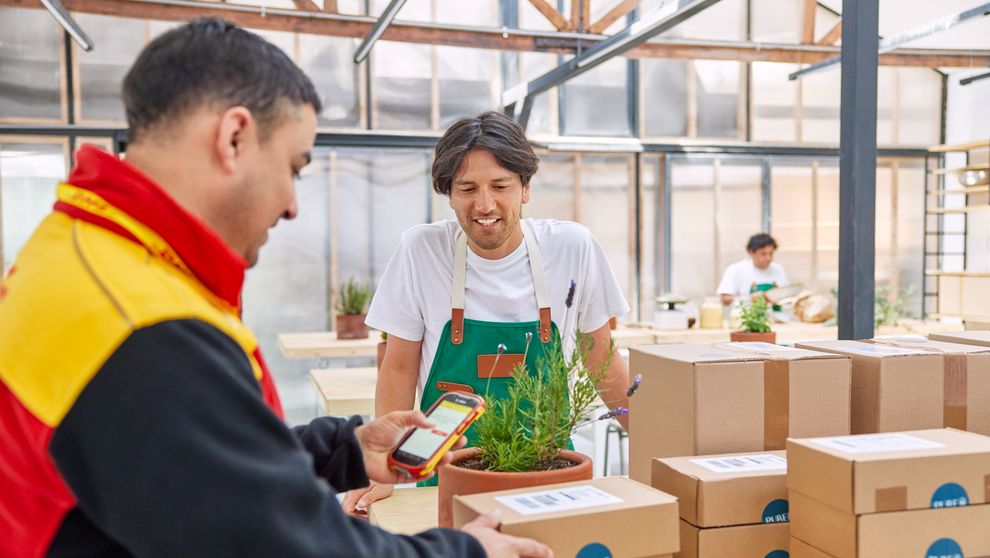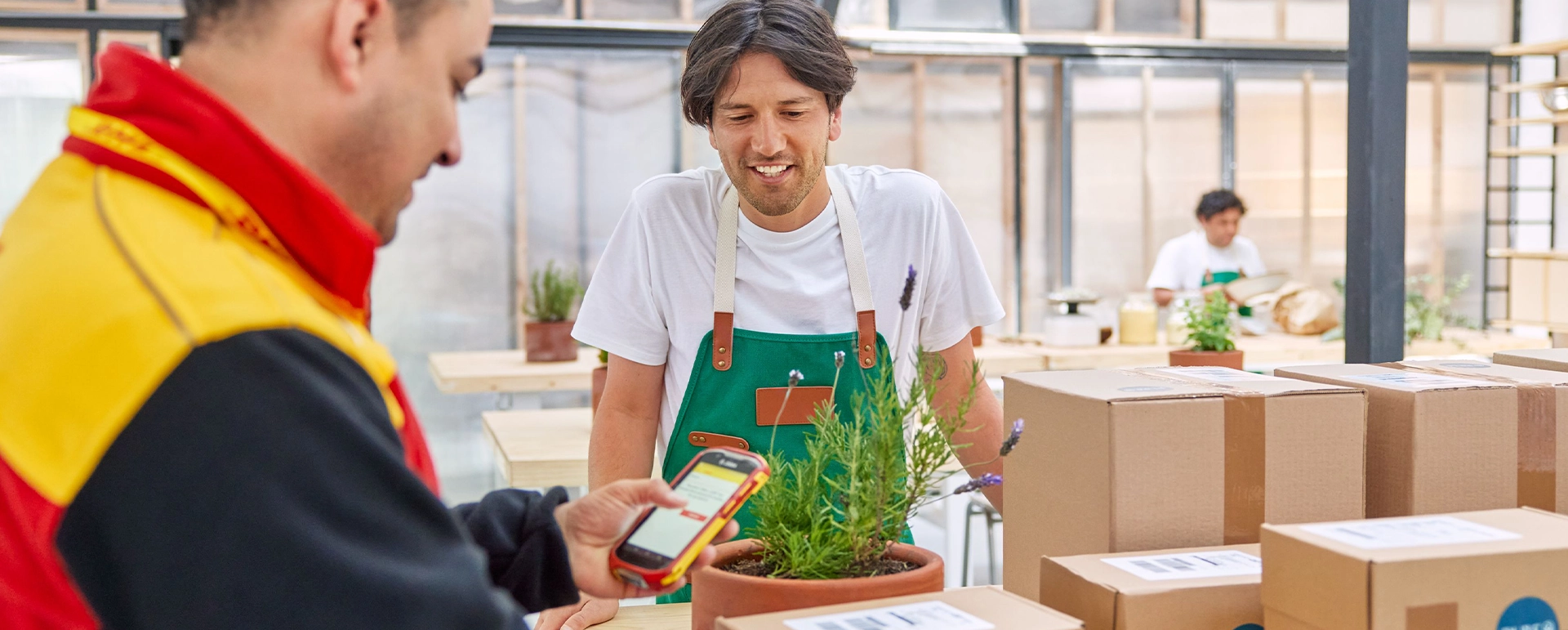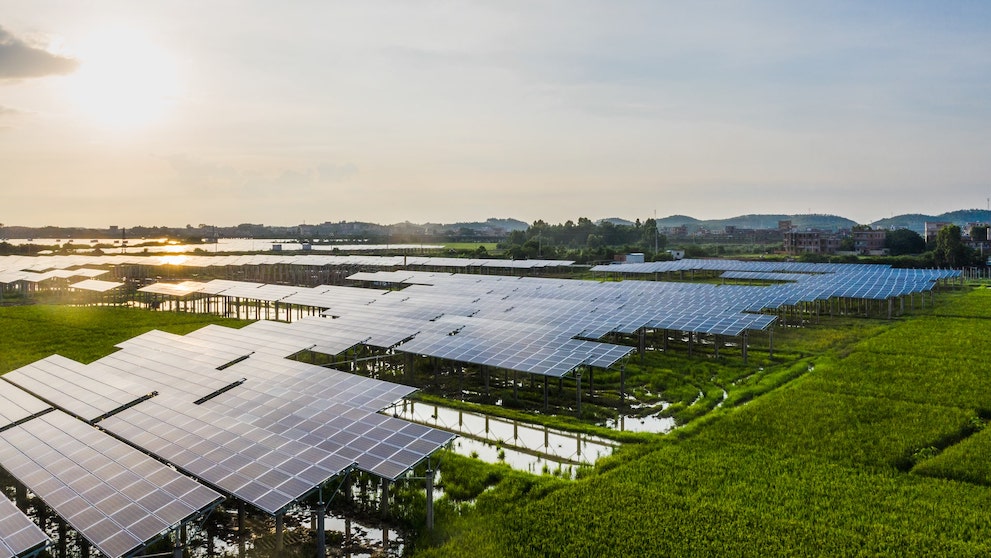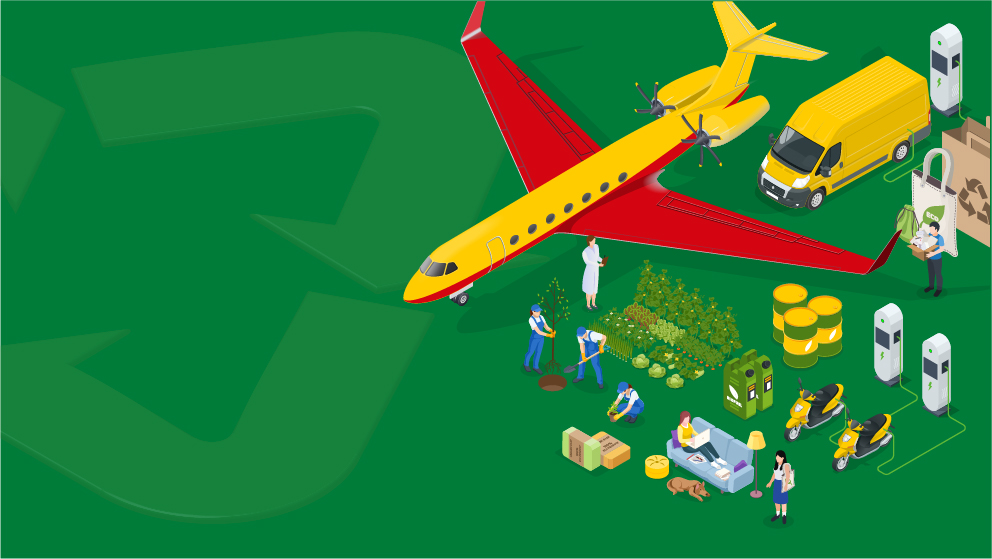Amidst a global paradigm shift towards environmental sustainability, businesses worldwide, including those in Pakistan, are under a magnifying glass, particularly in terms of Environmental, Social, and Governance (ESG) performance. The surge in demand for recycled products highlights a broader inclination towards sustainable product packaging, recycling plastics and more.
For Pakistani enterprises, this translates to an imperative to adopt eco-friendly measures such as utilising recyclable materials and championing practices that reflect a commitment to environmental concerns. As businesses worldwide enhance their focus on recycling ideas, Pakistani businesses must realign their strategies to stay competitive and eco-conscious.
Understanding environmental sustainability in the modern business world
Sustainability is not merely a buzzword; it represents a profound shift in corporate priorities and global consumer expectations. With the increased demand for recycled products, businesses are actively seeking recyclable packaging materials and eco-friendly packaging solutions.
Moreover, the rise of ESG reporting underscores this transformation, offering a platform for enterprises to showcase their dedication not only to environmental sustainability but also to social responsibility and ethical governance. As businesses increasingly engage in overseas shipping, considerations like product packaging become even more critical, calling for robust strategies and collaborations with partners to ensure international standards are met.
The imperative of recycled products
Recent data from The Express Tribune paints a compelling picture of the waste management scenario in Pakistan: out of the 30 million tons of municipal solid waste generated every year, around 50% is theoretically allocated for recycling and reuse.
However, these figures vary dramatically across regions. Urban centres might see rates soaring to 80%, but in contrast, most rural regions record only nominal recycling activities. This waste comprises a diverse array, from metal and paper to plastic, emphasising the vast range of potential recycling ideas and the importance of implementing solutions like eco-friendly packaging using recyclable materials.
The drive to recycle materials isn't just an environmental whim. Beyond the indisputable ecological advantages such as waste reduction and resource conservation, recycling directly aligns with the rising market demand for recycled products.
In an era where environmental sustainability is not just appreciated but expected, businesses can truly distinguish themselves by embracing sustainable product packaging and other eco-conscious practices. Leveraging recycled products and eco-friendly packaging can provide companies with a decisive competitive advantage, catering to consumers who prioritise sustainability in their purchasing decisions.
Spotlight on sustainable business models
Norpark International emerges as a paragon of sustainable business practices in today's market. Having established a dedicated stitching and printing unit in 2019, Norpark ventured into creating tote bags, aprons, and a range of other products crafted from 100% recycled cotton.
This commitment to promoting sustainable recycled products exemplifies their dedication to environmental sustainability. With every business decision driven by a conscious effort to prioritise the planet and its people, Norpak ensures that only the most environmentally friendly materials, including recycled or upcycled options, are integrated into their handmade product line for international shipping, showcasing a robust response to the increased global demand for recycled products.
Their dedication to eco-friendly methods sets them apart in the market, presenting a compelling case for businesses to follow suit.













